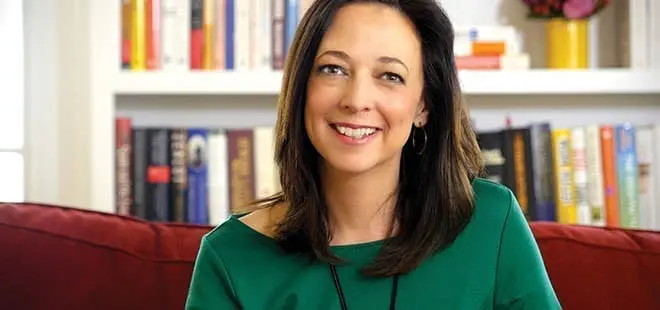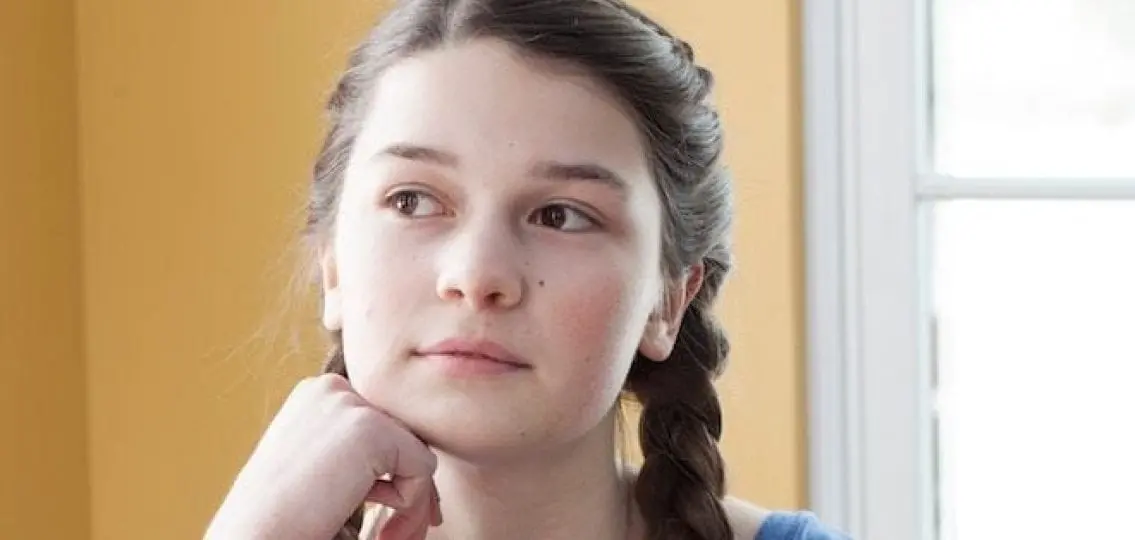It can be tough being an introverted teenager in a world that often seems geared toward extroverts. Susan Cain, author of Quiet Power: The Secret Strength of Introverts, takes a deep dive into the world of introverts. We talked with Cain about helping young introverts deal with school, extracurriculars, family life, and friendship.
Interview with the author of Quiet Power: Shy vs Introvert
Q: Is being an introvert the same as being shy?
Cain: No. Shyness is more about the fear of being judged socially. An introverted teenager might or might not be shy. It’s really about having a preference for quieter environments with less stimulation. The inner experiences are completely different. But they appear the same on the outside, so they kind of get treated the same way culturally. Psychologically they are very different. Do they not want to go to parties because they are fearful? Or do they not want to go because parties aren’t their scene? That’s a huge distinction.
Q: If a parent is an extrovert, and her child is an introvert, how does the parent learn to appreciate that child?
Cain: That’s a really common question because it’s common to have a parent who is an extrovert with a kid who is an introvert. For the more extroverted parent, try to understand that being an introvert isn’t simply a preference. People are hardwired that way.
Introverts and extroverts have different nervous systems. By four days old, infants show different levels of reactivity to stimulation. Introverts have nervous systems that are more reactive to stimulation. In an airport or party full of people, the introvert’s nervous system is on overdrive and your body is literally telling you to get to a quieter spot. For an extrovert, your nervous system reacts much less. In fact, you may become antsy if you’re not getting enough stimulation.
Parents can normalize the discussion by asking their child how they like to spend their time. We live in such an overscheduled culture that expects really busy kids with lots of activities, and for some kids, that’s not really what they want to do. Appreciate that their source of energy is probably different than yours. Extroverts crave stimulating social situations, while introverts might be perfectly happy staying home from the party.
Q: Doesn’t our society seem to say that it’s better to be an extrovert?
Cain: Yes. Here’s an example. An extroverted mom told me that when she picked up her daughter after school, all the girls were playing basketball together, but her daughter was off on the side shooting hoops by herself. For this mom, it pierced her to the core. She couldn’t understand it because for her, it would be her pure joy and bliss to be in the mix, so it was mystifying to her why her daughter would want anything else. She assumed that her daughter must be really sad, and for a long time, the mom would not pick her daughter up at school because it was painful for the mom.
But then she started learning about introverts, and she started having these very open, nonjudgmental conversations with her daughter about how she likes to spend her time. And her daughter would patiently explain, ‘I’m hanging out with my friends all day at school. At the end of the day, I just really want a break.’ And that was it, the whole thing just became defused. The more they talked, the more the mom understood and the more comfortable she became.
Q: Our culture values being able to be charismatic in an interview or walk into a room and make friends with people. Is it a parent’s responsibility to teach introverts those skills?
Cain: Yes, but it must be done the right way. It begins with appreciating and respecting an introverted teenager for who they are. The more a child feels entitled to be who they are, the more successful they are going to be at that party or in that job interview because they will approach it from that deep-seated feeling of comfort in their own skin, as opposed to feeling inadequate. Once a child knows you’re coming from an attitude of respect and understanding, then you can try and strategize with them.
Tips from Susan Cain for Parenting an Introverted Teenager
Q: What strategies can parents suggest to help introverted teenagers in social settings?
Cain: The simple act of smiling goes such a long way. Not only does it signal to others openness and comfort, but it signals to your own body that it’s time to relax. Try smiling in moments where you don’t feel comfortable. Recognize what your body does when you’re feeling relaxed and comfortable, and remember that sensation. For the moments when you’re feeling uncomfortable, arrange your body into those postures to help you feel relaxed.
Q: How can parents avoid sounding critical of their introvert?
Cain: Avoid saying, “What’s wrong with you?” or “Why don’t you ever want to go out?” Ask questions that are more open such as, “How do you feel about going to this party?“ or “What are you thinking?” So much of it is in the tone of your voice, too.
Q: How do parents suggest to their introverted teenager to try going outside their comfort zone?
Cain: We all need to go outside our comfort zone at different times. But the key is to do it on your own terms and for the right reasons. I interviewed Arianna Huffington’s daughter Isabella. She came to realize that she is both shy and introverted. Sometimes she wanted to stay home from social events because she was afraid. Other times, it was because she would just rather be alone painting in her studio.

So she started being really self-aware about it. If she was staying home from an event out of fear, then she would force herself to go and overcome it, but if it was just pure preference to be alone painting, then that was fine. So much of it has to do with the attitude of it and being intentional.





